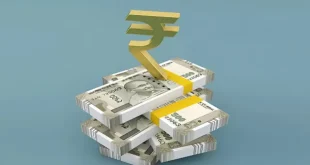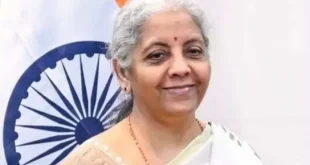
Telecom Regulatory Authority of India: In future, you may have to pay money for using your mobile number in addition to recharging it. Especially for the number which you have but are not using or are using less. Telecom Regulatory Authority of India (TRAI) has made this proposal. This charge can be taken in full or on annual basis. TRAI has planned to collect this charge from mobile operators for mobile phone or landline number. If this rule is implemented then its burden will fall on mobile operator customers.
TRAI believes that mobile number is a public tool, not a private one. Therefore, it should also be used keeping in mind the public interest. There is a huge shortage of mobile numbers in the country. According to the rules, there is a provision to blacklist the SIM card if it is not recharged for a long time. But mobile operators do not do this for fear of losing the user base. Meanwhile, TRAI has now planned to impose a fine on mobile operators for not blacklisting inactive mobile numbers.
19 percent of mobile numbers are not being used
Out of the total mobile numbers issued in India, about 21.9 crore mobile phones are lying idle. That is, they are not being used. This figure is about 19 percent of the total mobile numbers. Most mobile users use two SIM cards in a smartphone. One of these remains active. While the other is used very little or not at all.
The right to mobile number spacing lies with the government
The right to mobile number spacing lies with the government. The government itself issues mobile number series to mobile operators. Due to the limited availability of mobile numbers, they should be used judiciously but this is not happening. In view of this, TRAI is now planning to impose a penalty on mobile numbers.
In these countries, a fine can be imposed
Telecom companies charge customers for mobile numbers in countries like Australia, Singapore, Belgium, Finland, the UK, Lithuania, Greece, Hong Kong, Bulgaria, Kuwait, the Netherlands, Switzerland, Poland, Nigeria, South Africa and Denmark.
 look news india
look news india

